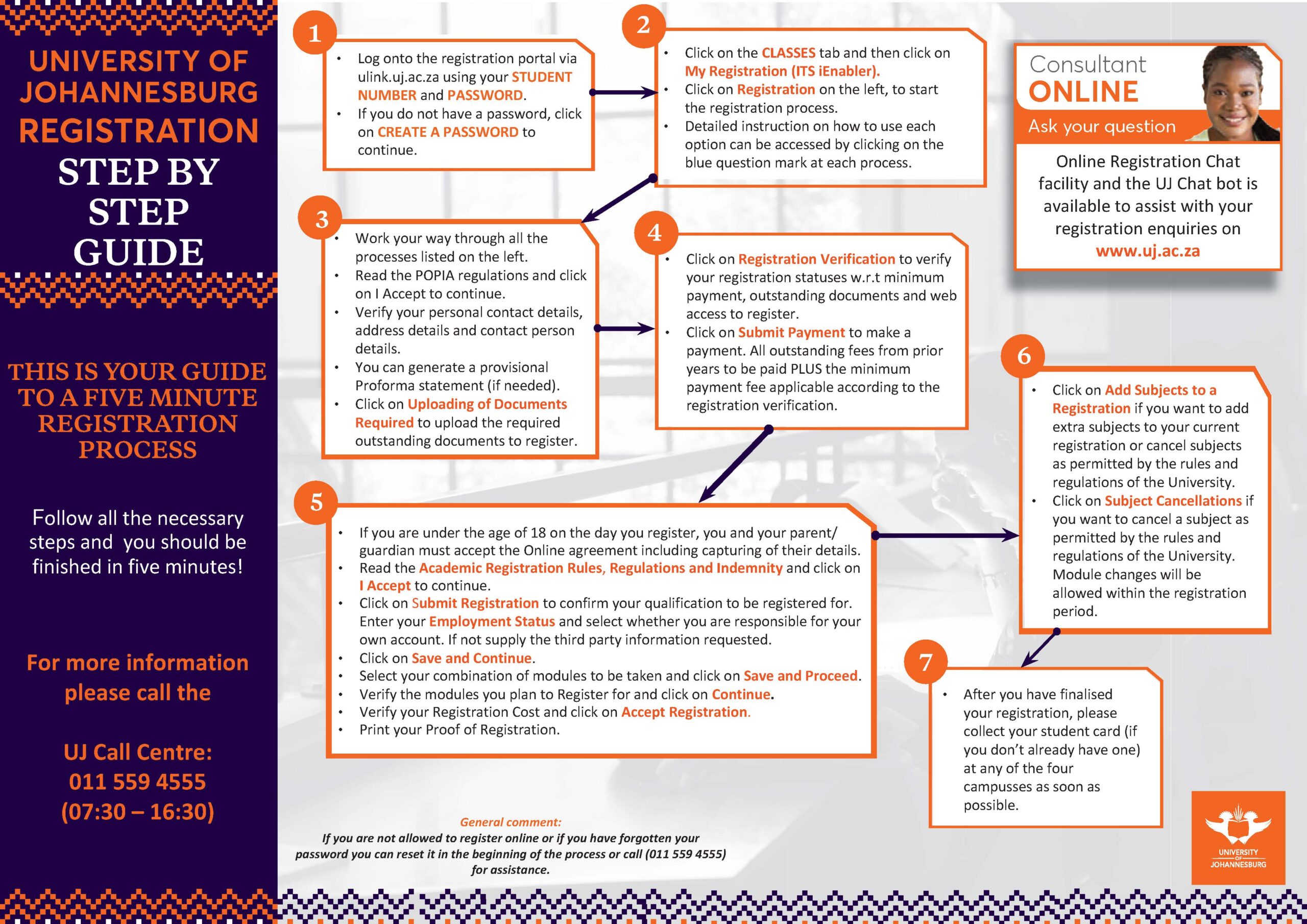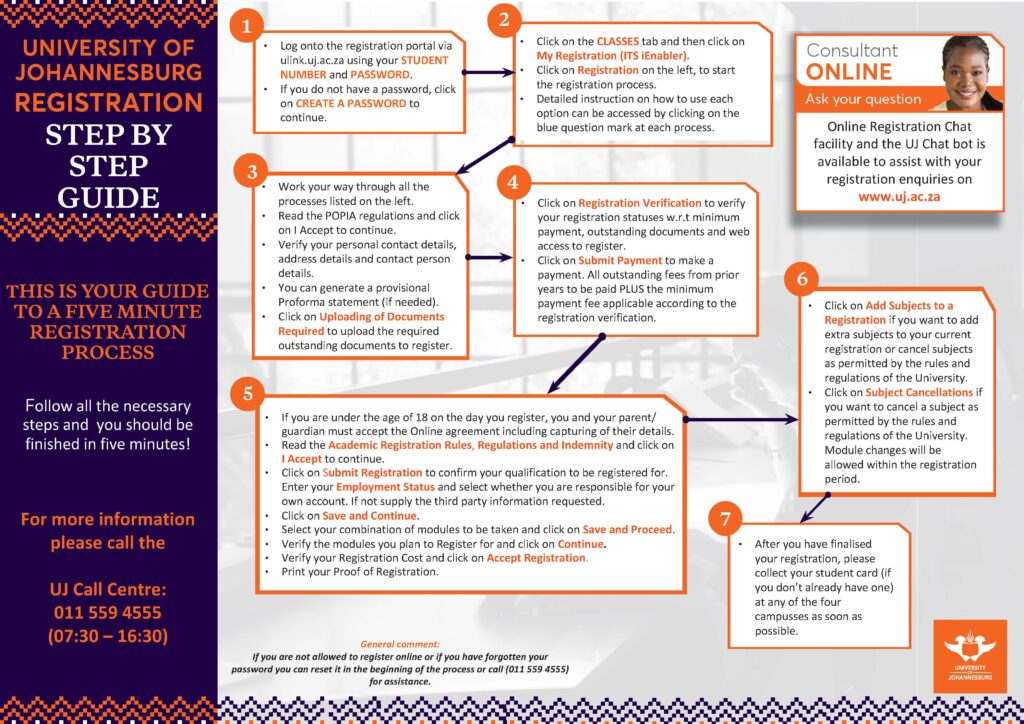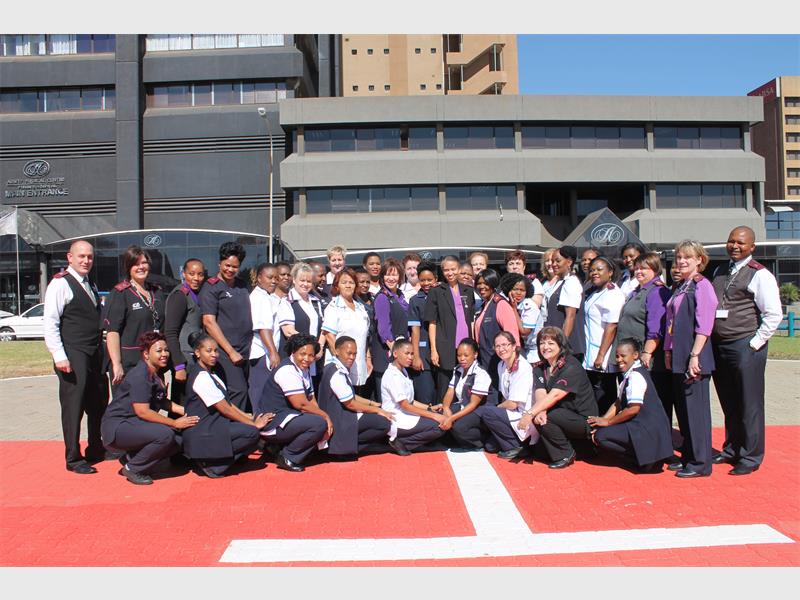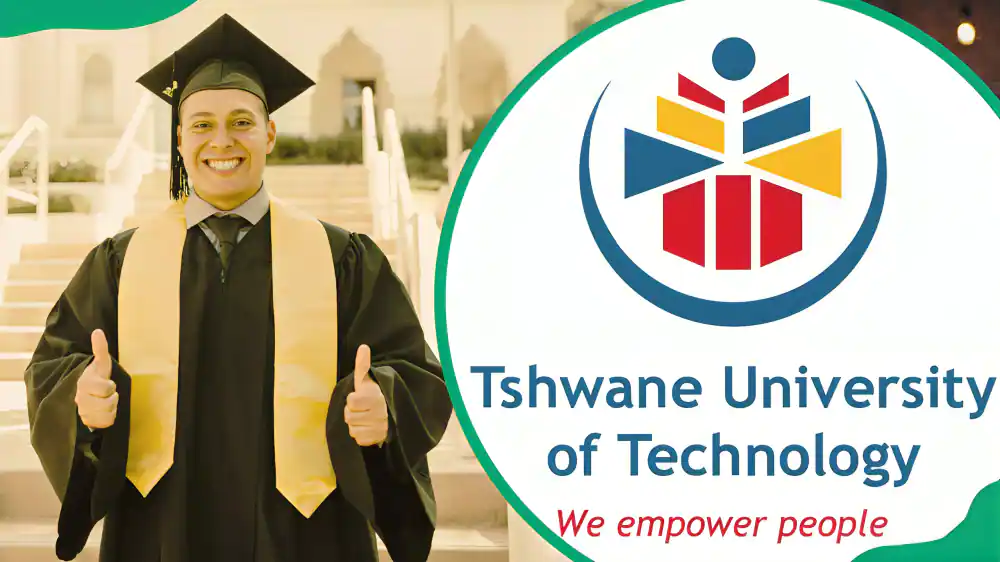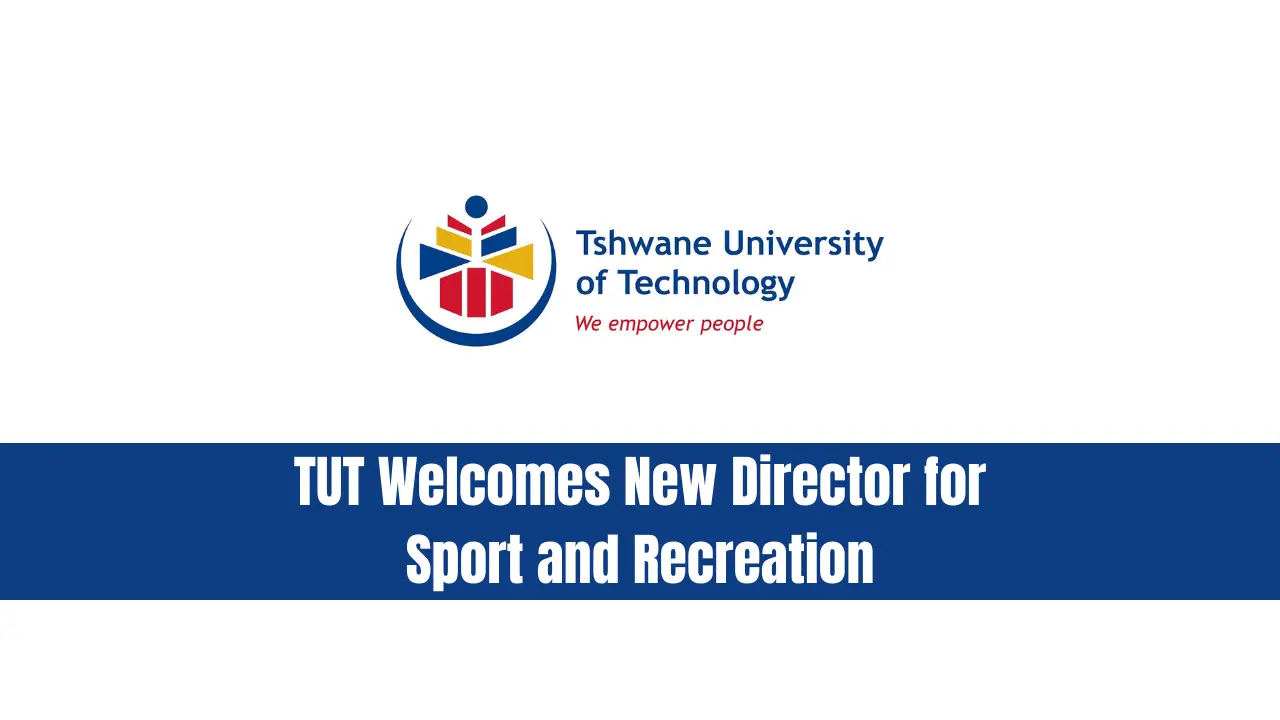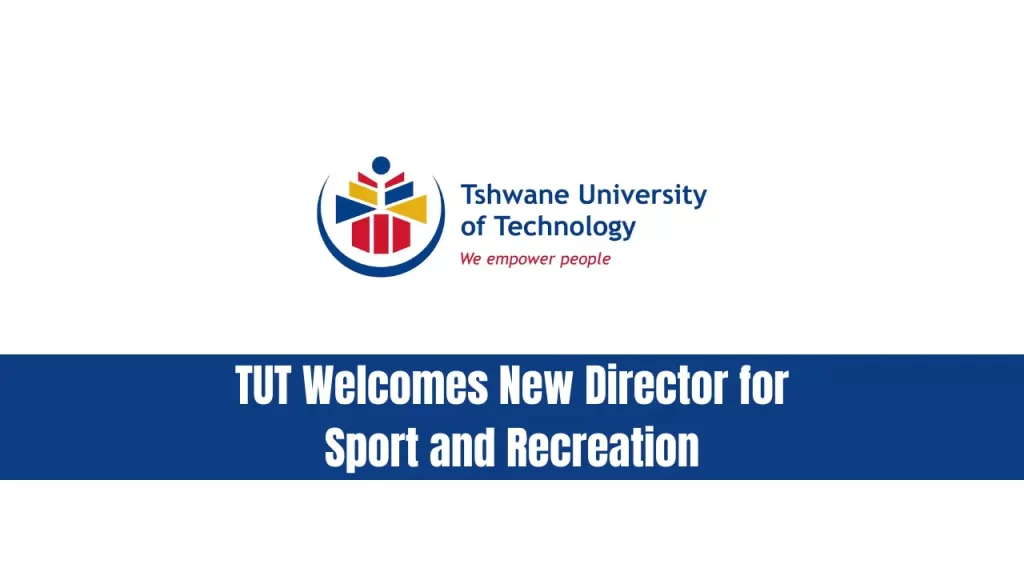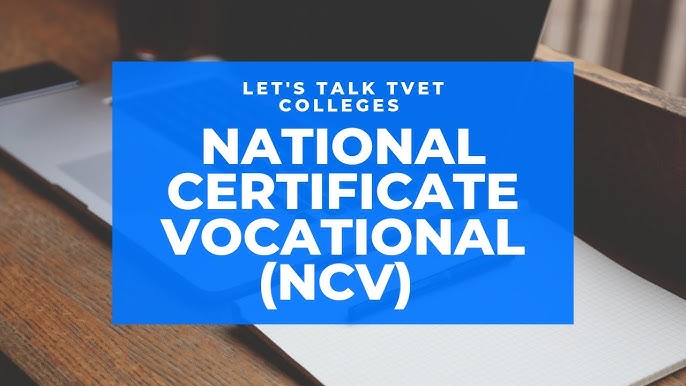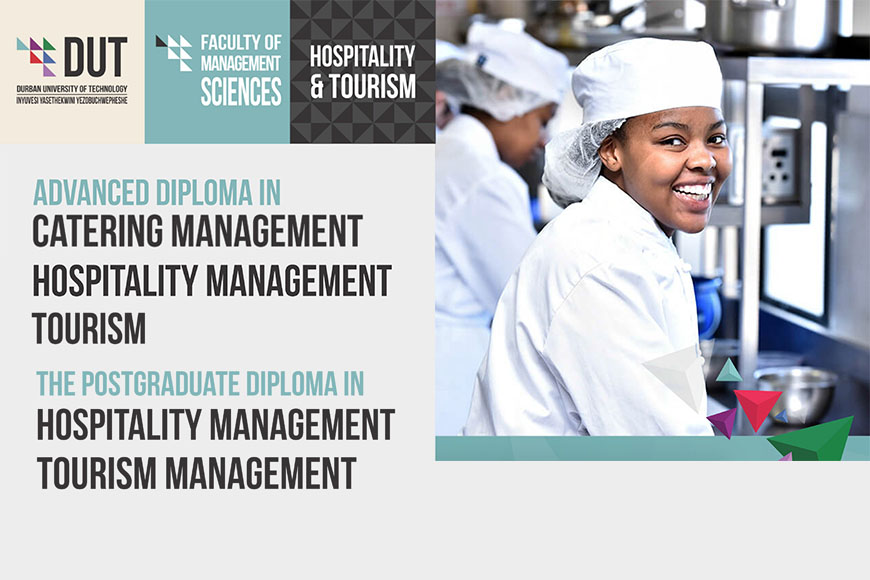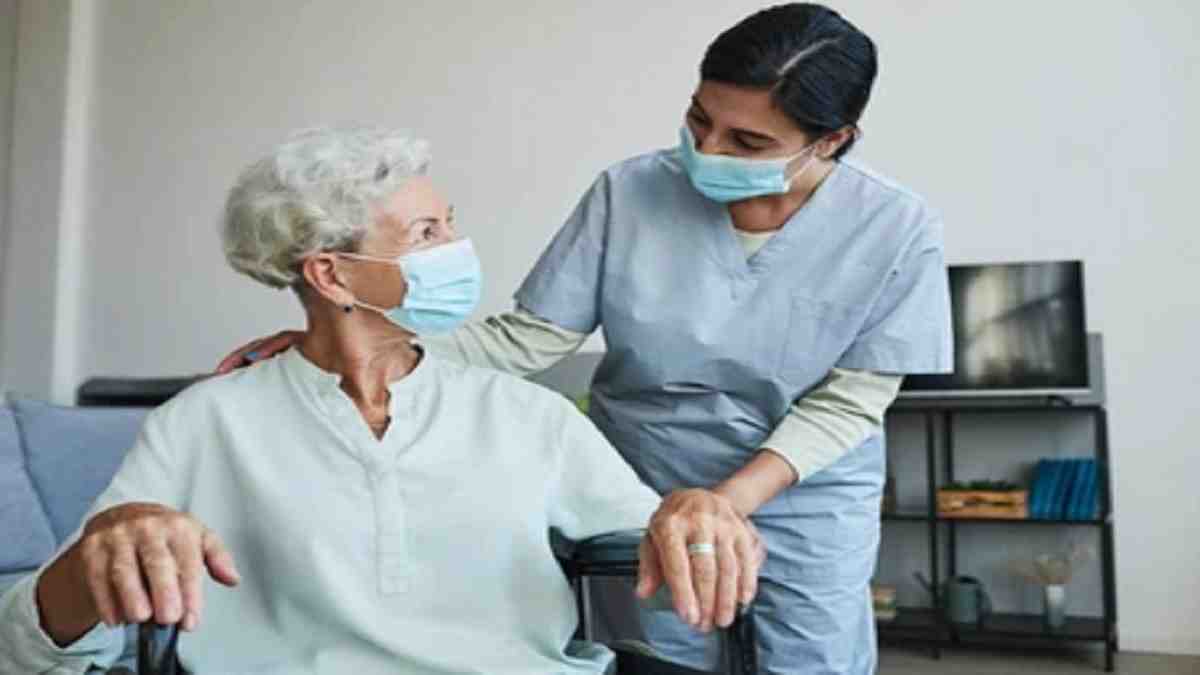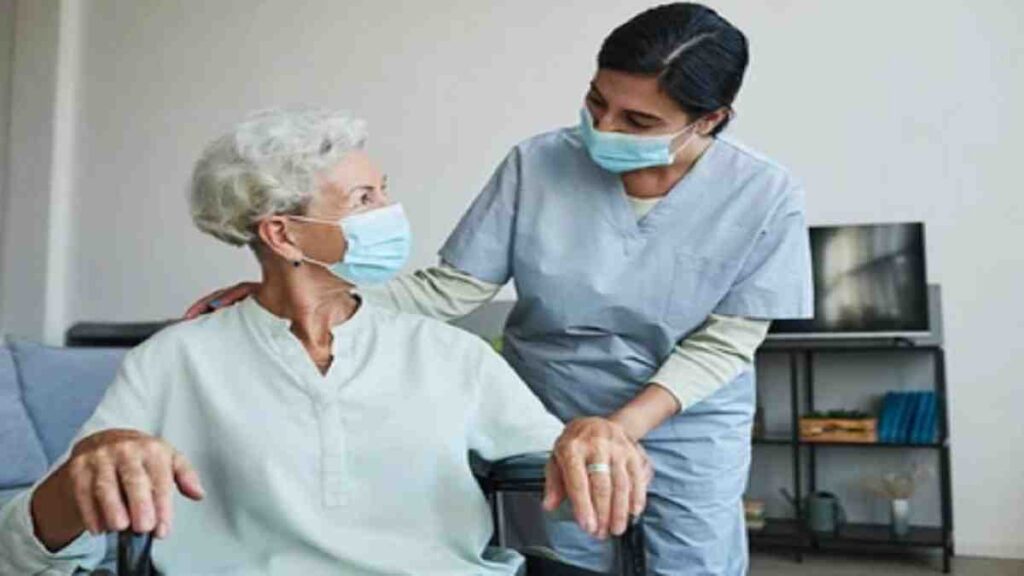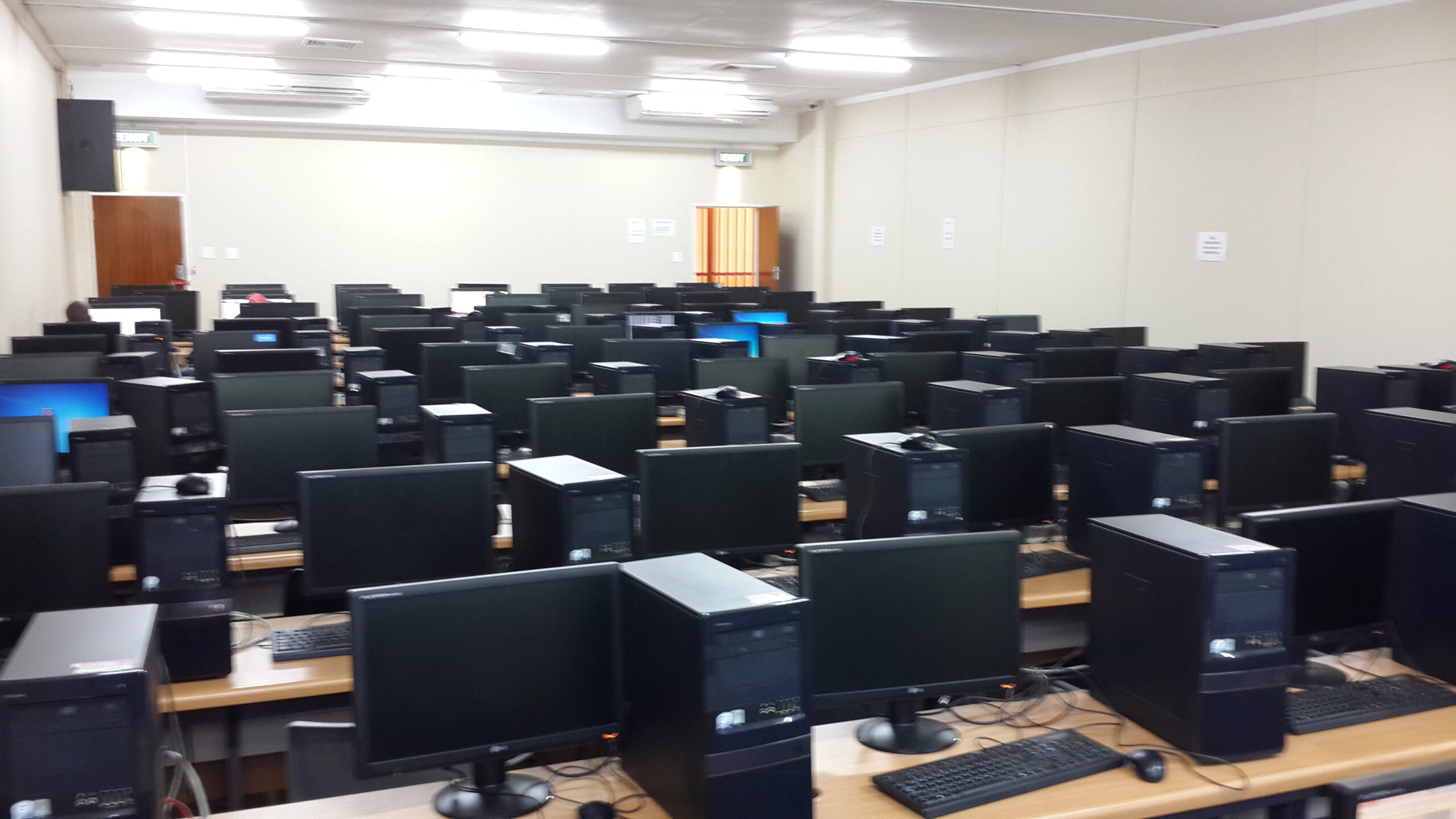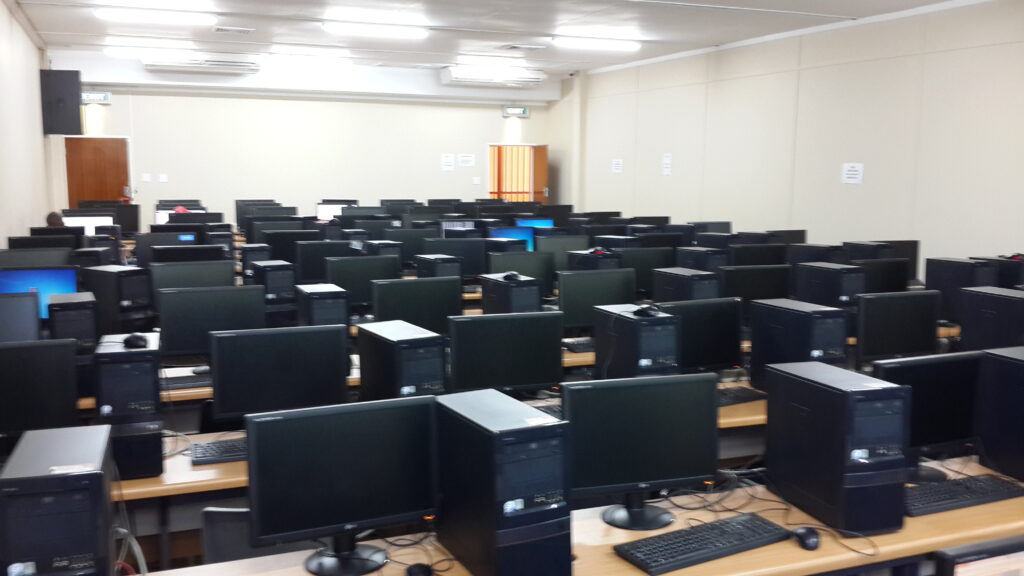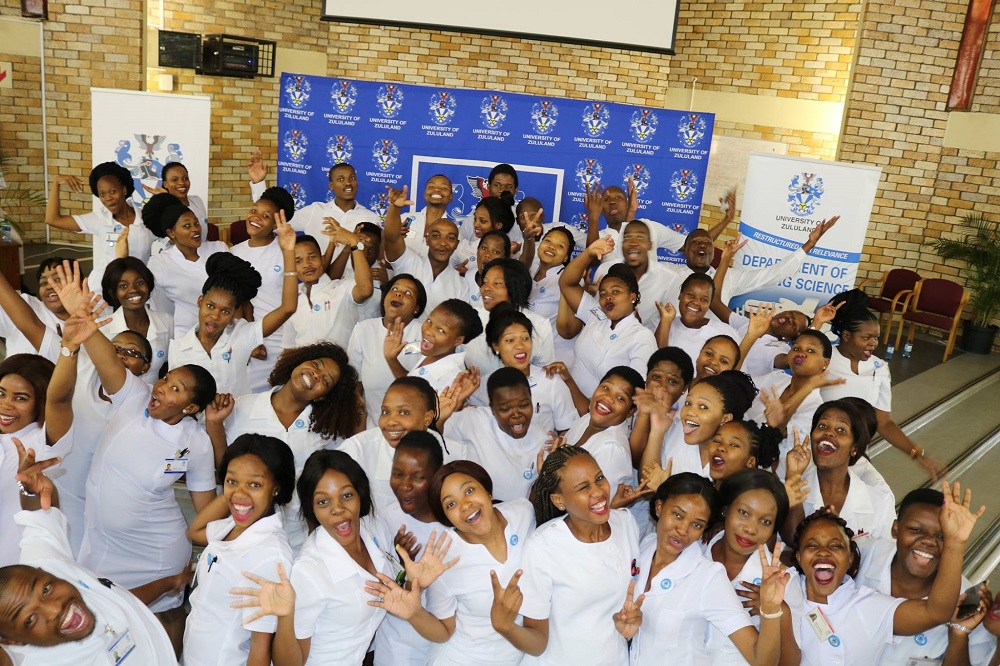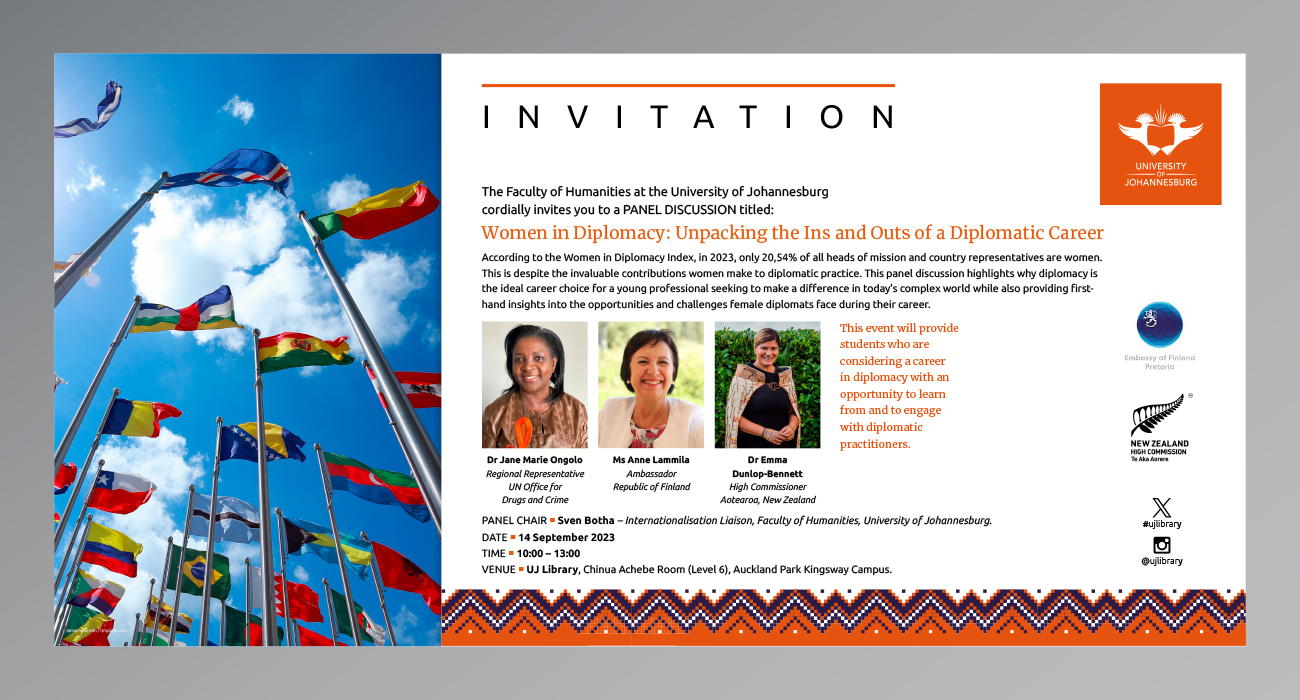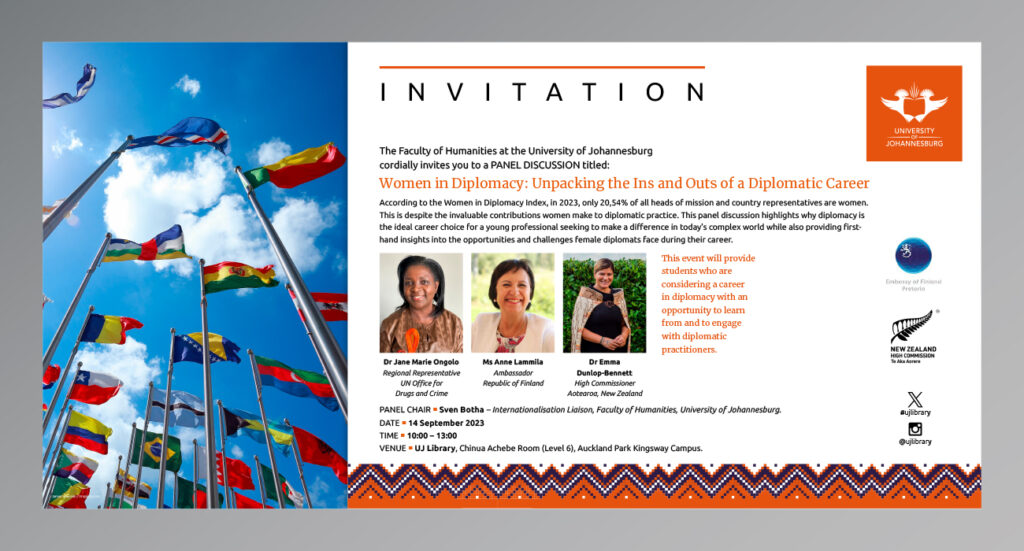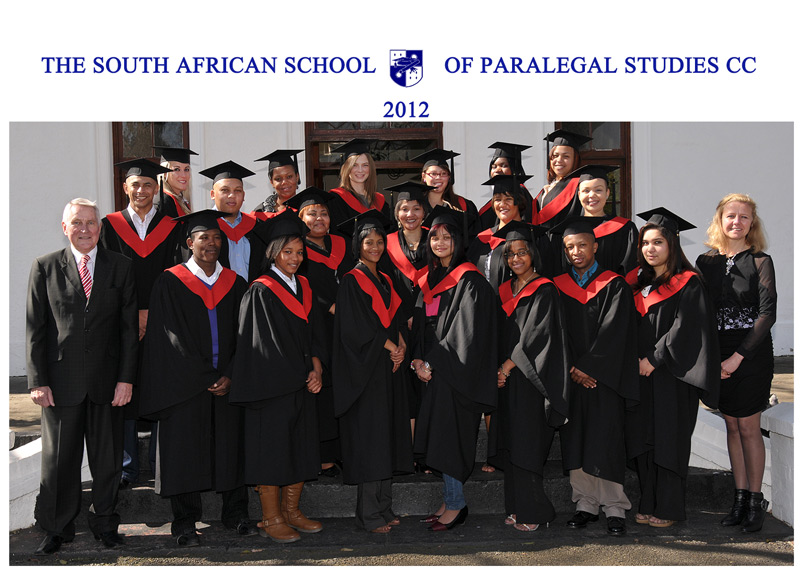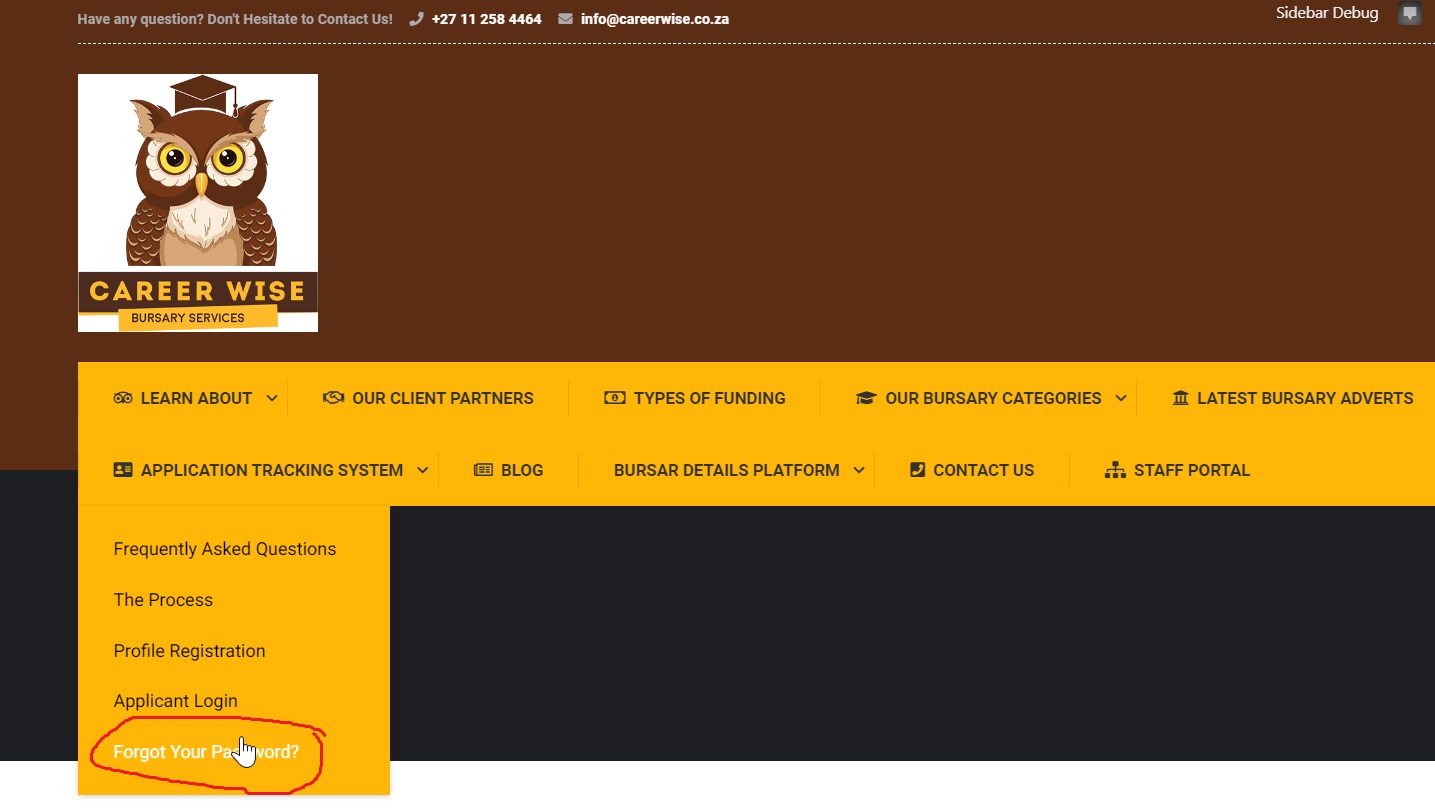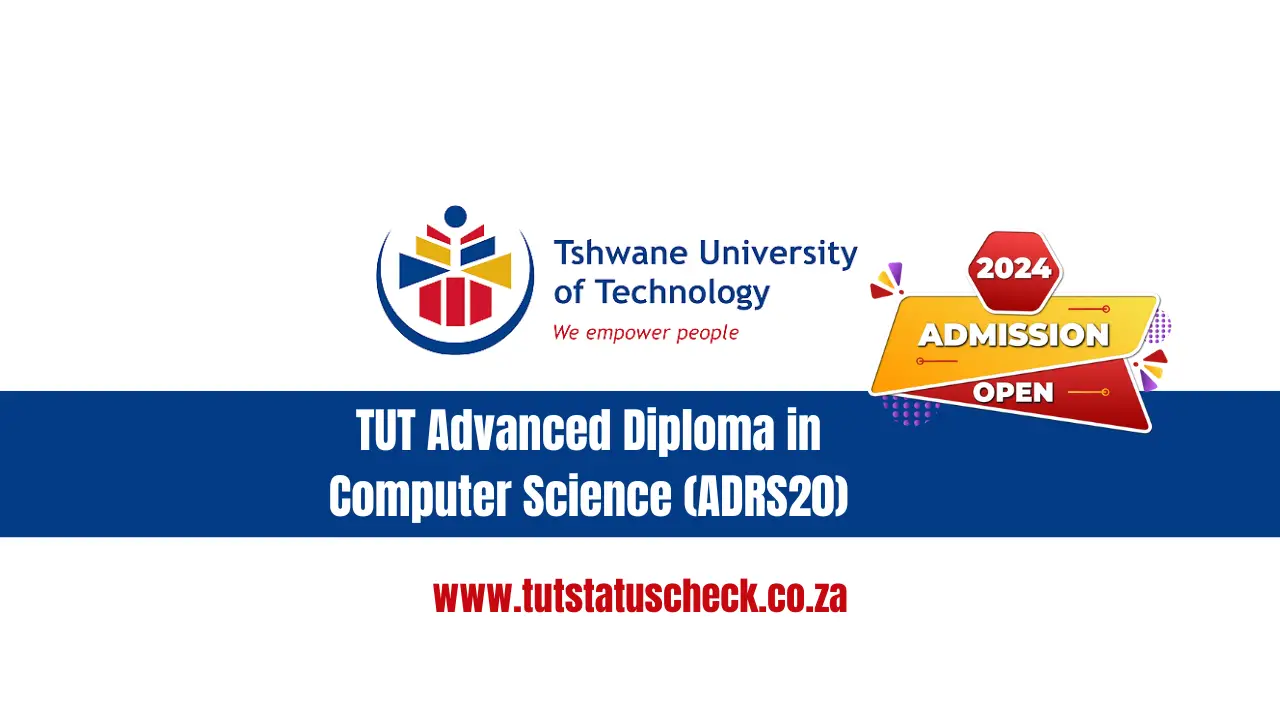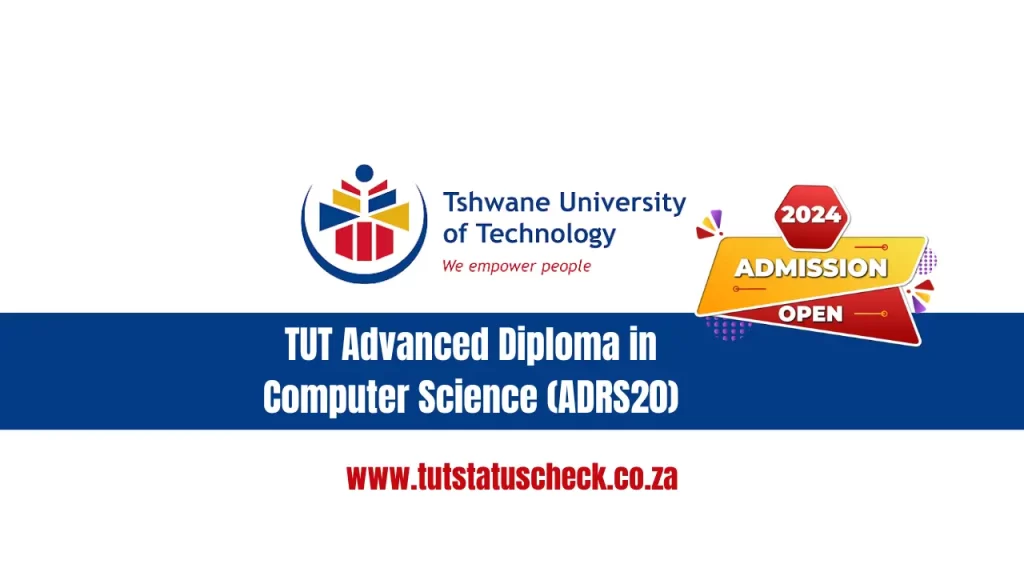Requirements for Ghost of Tsushima PC: Can Your System Handle It?
With the arrival of Ghost of Tsushima on PC, gamers are eagerly anticipating diving into the beautiful landscapes and engaging gameplay of this samurai epic. However, before embarking on this journey, it’s crucial to ensure your PC meets the necessary requirements to run the game smoothly. In this article, we’ll delve into the minimum and recommended specifications for Ghost of Tsushima PC, allowing you to assess whether your system is up to the task.
Minimum System Requirements:
- OS: Windows 10 (64-bit)
- Processor: Intel Core i5-2500K or AMD FX-6300
- Memory: 8 GB RAM
- Graphics: NVIDIA GeForce GTX 780 (3GB) or AMD Radeon R9 290 (4GB)
- DirectX: Version 11
- Storage: 60 GB available space
- Additional Notes: SSD recommended
Recommended System Requirements:
- OS: Windows 10 (64-bit)
- Processor: Intel Core i7-6700K or AMD Ryzen 5 2600
- Memory: 16 GB RAM
- Graphics: NVIDIA GeForce GTX 1060 (6GB) or AMD Radeon RX 580 (8GB)
- DirectX: Version 11
- Storage: 60 GB available space (SSD recommended for optimal performance)
Performance Considerations:
- Resolution: Ghost of Tsushima PC supports various resolutions, including 1080p, 1440p, and 4K. Ensure your system can handle your desired resolution for the best visual experience.
- Frame Rate: Aim for a consistent frame rate to enjoy smooth gameplay. Adjust graphical settings as necessary to maintain stable performance.
- Graphics Settings: Ghost of Tsushima PC offers a range of graphical options to customize visuals based on your system’s capabilities. Experiment with settings to find the right balance between visual fidelity and performance.
Optimization Tips:
- Update Drivers: Keep your graphics card drivers up to date to ensure compatibility and optimal performance with Ghost of Tsushima PC.
- Close Background Applications: Close unnecessary background applications to free up system resources for smoother gameplay.
- Monitor Temperature: Monitor your system’s temperature to prevent overheating, especially during extended gaming sessions.
- SSD Usage: Installing Ghost of Tsushima PC on an SSD can significantly reduce loading times and improve overall performance.
Before embarking on your journey through Ghost of Tsushima’s stunning world on PC, it’s essential to ensure your system meets the necessary requirements for an optimal experience. By assessing your PC’s specifications against the minimum and recommended requirements and implementing optimization tips, you can enjoy the game’s immersive visuals and engaging gameplay without compromise. Prepare your rig, sharpen your blades, and get ready to explore the mysteries of Tsushima in this epic adventure.
